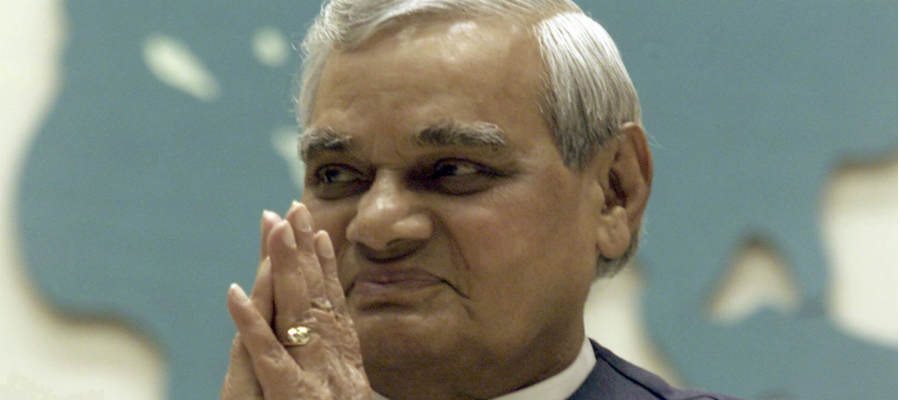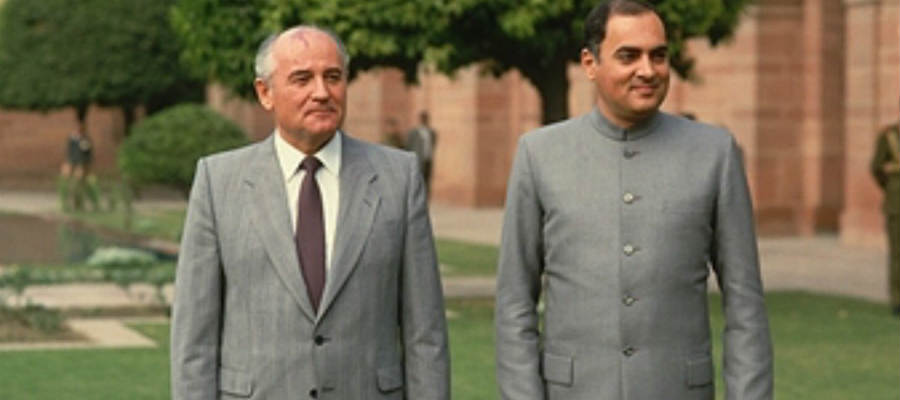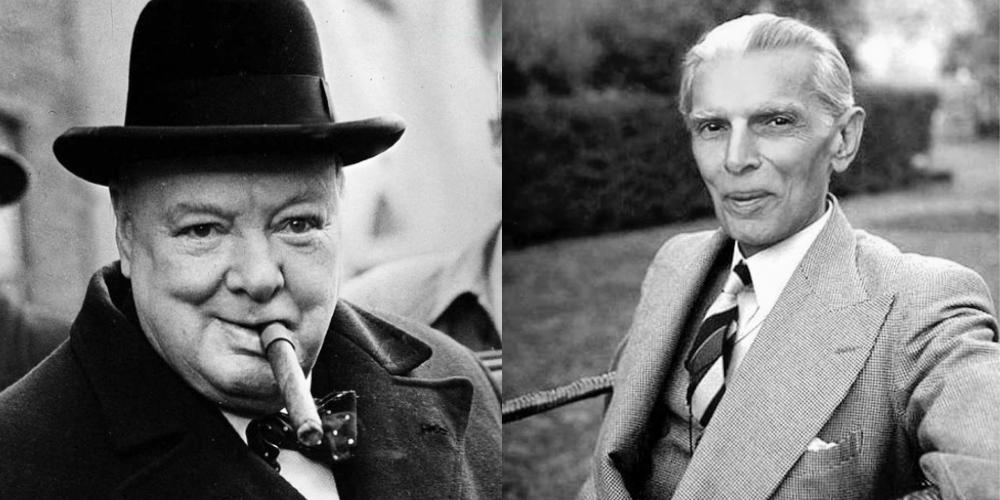BY SAEED NAQVI
Hard to believe, but Mosul, currently in the news, would have been ours today had Atal Behari Vajpayee not played spoil sport.
After their invasion of Iraq in April 2003, Americans realized fairly early that a full fledged occupation for an unspecified period was not possible without allies taking responsibility to administer large swathes of the ancient land.
Seldom has a US ambassador been more effective than David Mulford was. It took very little persuasion for External Affairs, Jaswant Singh, Defence Minister George Fernandez, and Army Chief N.C. Vij to fall in line.
Ships were readied, battalions shortlisted, Generals chosen for India’s first imperialist adventure since the Cholas. We were going to rule a part of that country which alone of all the 52 Muslim states had stood by us at the UN, OIC and elsewhere on the Kashmir issue.
I suppose it must have been self interest which caused us to turn turtle on Iraq as soon as the Americans were in occupation of the country.
Our ambassador to Baghdad, B.B. Tyagi, even risked his life. Iraqi resistance had identified him as a diplomat who was supportive of the occupation. No wonder I was once ushered into his presence while he sat in bed, his legs outstretched, eyes wide open as in a daze, his hands on automatic weapons by both his sides. It was a frame for a possible Woody Allen war film.
Just as the first US representative, Paul Bremer, was convinced that the occupation would be a cakewalk, so was South Block and, indeed, Tyagi.
Bremer, a devout Roman Catholic, had turned up with a batch of Priests who smacked their lips at the prospect of saving souls in a post Saddam Iraq. It turned out that Antique smugglers did rather better, cleaning out the Baghdad museum on America’s watch.
South Block, like Bremer, had assumed that once Saddam’s yoke was lifted from their necks, Iraqis would turn up in droves to hug the Americans.
In anticipation of Iraq’s immediate future in American hands, South Block parked Tyagi in a three star hotel in Amman where he spent mornings, afternoons, evenings watching CNN and BBC for the American progress in Iraq. The irony was that Lyse Ducet of the BBC was herself in occupation of the terrace of Amman’s Intercontinental hotel watching her Arab staff count their worry beads, waiting for the American flag to be fluttering over all of Iraq.
Were this to happen, Tyagi would helicopter into Baghdad’s Green Zone and offer his credentials to Bremer or his Iraqi nominee.
Just imagine, New Delhi was all but ready to open its embassy with the American occupiers of a country which had given unstinted support to India always, particularly against Pakistani machinations at the UN.
This being the state of affairs, who could blame the US for being so confident of India’s enthusiastic willingness to partner them and take charge of Kurdish Iraq. It had very nearly happened, had Vajpayee not decided to show spine – just in the nick of time.
He kept his head while those around him were losing theirs. On April 9, American marines brought down Saddam Hussain’s statue and exactly the media which is lined up behind Hillary Clinton, attributed the statue’s fall to popular rage.
Vajpayee kept his counsel. On April 18 he turned up in Srinagar. Remember, Armies of India and Pakistan were in an eye-ball to eye-ball confrontation after the December 13, 2001 terrorist attack on Indian Parliament.
The fall of Saddam’s statue had registered differently with Vajpayee – this scale of western triumphalism was a source of anxiety for him. An “awesome” power has arisen. In the new situation, regional quarrels had to be composed, he said. Dramatically, he extended his hand of Peace to Pakistan.
This was the beginning of the process which led to India and Pakistan signing an agreement in Islamabad on January 4, 2004 that forbids the use of a country’s territory for cross border terrorism. The word was not kept by Pakistan, but that is another story.
The “shining India” campaign mounted by the BJP recoiled on it during the May 2004 elections. But for Indo-Pak relations, it was an unfortunate turn. When Vajpayee became External Affairs Minister in the 1977 Janata government, he had made up his mind on Pakistan: “we cannot change our neighbours.” Among his first foreign visits was to Pakistan in February 1978. The bus journey to Lahore in February 1999, and the January 2004 visit which resulted in the agreement against cross border terrorism, were audacious. But there were reverses.
He was able to cushion the reverses because of his cross party stature nationally and his standing with the RSS. But he persisted because he had grasped the triangle in which the country had trapped itself since 1947 – Srinagar-New Delhi, India-Pakistan, Hindu-Muslim are one complex of issues. Unless a holistic view is taken of this triangle to outline suitable policy, eternal social strife would remain the nation’s lot.
He had the vision to pull India back from the brink on Iraq. Just imagine what would have been our fate had ships carrying Indian troops actually set sail.
The troop build up against Pakistan after the Parliament attack was also a calculated move. The Sole super power was in place to pull the protagonists back from the brink. It is just as well that neither Russia, and China (nor the US) paid much credence to the “surgical strikes”. In the absence of an overarching super power, real “surgical strikes” may cause the situation to spiral out of control.
(Saeed Naqvi is a senior Indian journalist, television commentator, interviewer, and a Distinguished Fellow at Observer Research Foundation. Mr. Naqvi is also a mentor and a guest blogger with Canary Trap)


